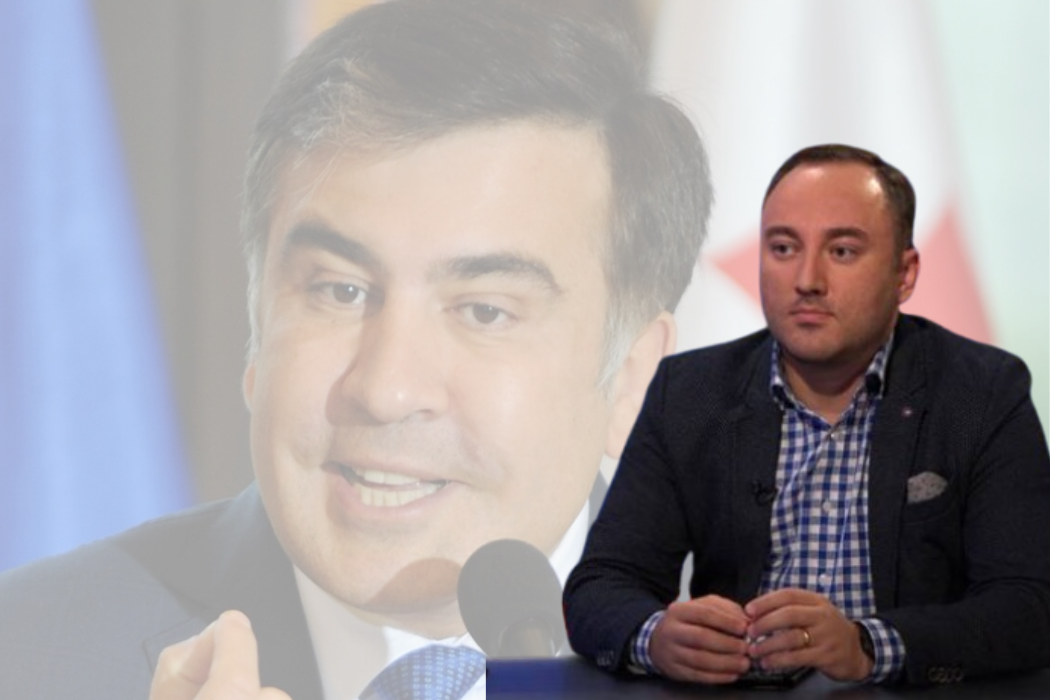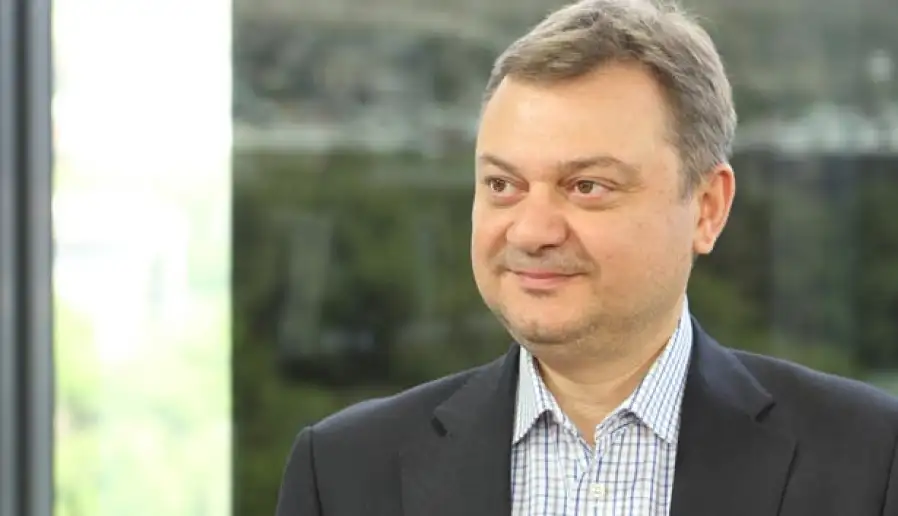Radar Armenia's interlocutor is Georgian scholar and expert at the Orbeli Center, Johnny Melikyan.
-Saakashvili has stated that the Armenian-Azerbaijani peace treaty, which is being signed with the mediation of the US, is the beginning of the "liberation of the Caucasus from the clutches of Russia." In your opinion, to what extent can this treaty change the balance of power in the South Caucasus? What concerns does Saakashvili have?
-In my opinion, we give Saakashvili too much space in our public sphere. He is an anti-Armenian, pro-Azerbaijani figure and has clearly shown all this in recent years. For Saakashvili, peace is not essential in this case, but the fact is that all this affects Russia to some extent.
Returning to the possible meeting and developments. If it is found that something has been signed, a memorandum may be created, which will include provisions for lifting the blockade. If this does not involve jurisdiction or sovereignty, but is solely about lifting the blockade, changes will be made to the issue of two communications. Changes are possible in Baku's policy, and the potential lifting of the embargo also brings new opportunities for regional cooperation. Additionally, forming new rules with external players can create a more competitive and interesting situation.
Suppose the US continues its interest and also tries to appear in this region in the form of investments. In that case, the competition between different players, both in the area and outside the region, will increase. And Saakashvili looks at everything in anti-Russian black and white. We also need to abandon these approaches and try to look at everything from the point of view of Armenia's interests. In all situations, there are opportunities and risks. By assessing the risks, we can draw red lines and determine what we will achieve at tomorrow's meeting. What is intriguing here is how bold and interested the US is in showing activity in this region, in securing investments.
-In a recent post, he also noted that Pashinyan has accomplished inside Armenia what he could not do in Georgia. What are you talking about? What decision did Pashinyan make that Saakashvili made a mistake by not implementing?
-I do not want to comment on Saakashvili. He is not the person who should be brought into the Armenian media field. Saakashvili is a manipulator. When necessary, Pashinyan does well; when not required, he is on Aliyev's side. That is why the reservations towards this person are obvious.
-If Armenia is moving towards the EU and the West, as Saakashvili presents, and Azerbaijan is deepening ties with NATO, what challenges and opportunities does this create for Georgia?
-We are not going anywhere from our region, let's start with that. We are part of that region, and when we deepen relations, it does not mean that we are not doing anything in other directions. Therefore, we need to understand what developments will occur and what opportunities the state will present against this background. Much depends on how much the West sees its role and place in this region. I still do not see that there is a long-term policy. When we see a program, there are investments, and then drastic changes may occur. However, today there is still competition between external players, including Turkey, Iran, Russia, the USA, China, and India, each with their interests. Today, a new status quo is forming, and its outcome is also tied to the results of tomorrow's meeting.
Lilit Abrahamyan


















